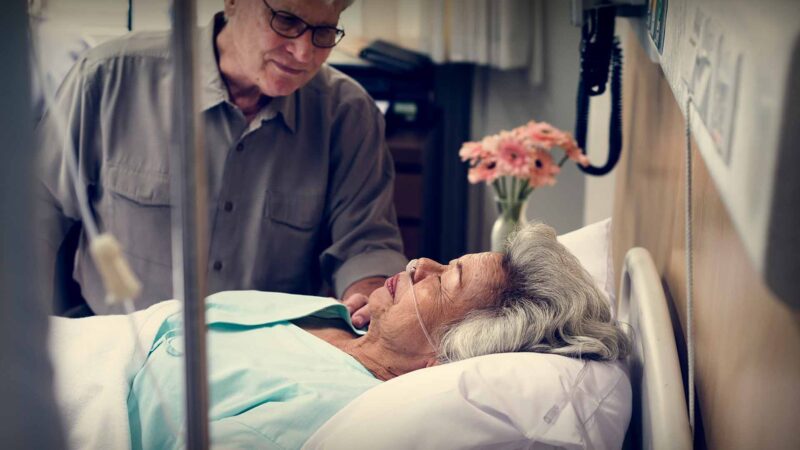A LEADING MEDICAL RESEARCH INSTITUTE SPECIALISING IN ALZHEIMER’S DISEASE AND RELATED DEMENTIAS
Alzheimer’s Research Australia
With Professor Vicky Vass, Chief Executive Officer
ORGANISATIONS IN MEDICAL RESEARCH
Filmed in Perth, Western Australia | November 2024
Professor Vicky Vass serves as the Chief Executive Officer of Alzheimer’s Research Australia, which is based in Perth, Western Australia. Australian Health Journal met with Professor Vass to hear of the organisation’s mission to solve the mysteries surrounding Alzheimer’s disease, and focus on detection as the key to their efforts.
Founded in 1993, the organisation now comprises a large research team, a clinical trials division, and an administrative support team. Their aim is to make Alzheimer’s a distant memory through rigorous research.
Their philosophy revolves around operating as one cohesive team, which includes all these parts as well as the board, fostering effective collaboration. Leading this team is Professor Ralph Martins AO, as the Chief Inspector in their mission. He focuses on uncovering pathways for prevention, intervention, and the latest treatments for neurodegenerative diseases.
Among the key studies highlighted by Professor Vass is the blood biomarker study led by Professor Ralph Martins, which aims to develop a cost-effective method for detecting Alzheimer’s through a simple blood test. Currently, detection methods involve multiple scans and intense processes, but this initiative could transform the landscape by making detection more accessible and affordable.
Another study is run by Dr. Prashant Bharadwaj who heads the research on childhood dementia, focusing on providing hope to the youngest patients affected by these debilitating diseases. His work is dedicated to ensuring that children have a future filled with memories rather than loss, striving to find ways to detect and ultimately cure childhood dementia.
The board of Alzheimer’s Research Australia comprises a diverse group of individuals, including academics and those involved in commercial work and aged care. The common goal uniting them is to find a cure for Alzheimer’s disease. Funding for the organisation primarily comes from donations and rely heavily on this support, as they do not receive significant government funding, although they do get some grants for research.
Professor Vass describes Alzheimer’s Research Australia as an incredible place to work, boasting a community akin to a family. Every role within the organisation is respected, contributing to a common goal of making Alzheimer’s a distant memory for future generations.
You Might also like
-
How I Became an Emergency Physician
Dr Kim Hansen was initially attracted to emergency medicine because of its dynamic and chaotic environment. She enjoyed organising the chaos of the emergency department and working with a variety of patients, from newborn babies to centenarians. Dr Hansen found it fulfilling to help people get better or provide them with assistance and guidance when they couldn’t be cured. The unpredictability of the work was also part of the appeal, and she dedicated herself to developing the skills required to be a good emergency doctor.
-
Allied Health Exercise physiology Middle-aged New Content People in healthcare Seniors and Aged Care
Metabolic health expert talks about healthy ageing
David Beard is a highly experienced Exercise Physiologist with a specialisation in metabolic health and healthy aging. He has spent over 40 years in this profession, even before exercise physiology was formally recognised as a discipline. His extensive background includes over a decade of working in aged care and a strong focus on adult health and fitness. David has authored a book on healthy aging and dedicated the last 10 to 12 years to advancing his expertise in metabolic health issues such as diabetes, weight loss, and inflammatory conditions. He is a co-owner of HFRC in Nedlands, Western Australia, where he has worked for nearly a decade.
-
Co-design and adoption Frail, Homebound and Bedridden Population New Content New Models of Care Seniors and Aged Care
Keeping elderly out of hospital
Pioneer in health care, Geriatrician Professor Susan Kurrle, Curran Professor in Health Care of Older People at the Faculty of Medicine and Health, University of Sydney AO spoke after receiving the Australian Healthcare and Hospitals Association 2022 Sidney Sax medal award.
The Sidney Sax medal is awarded for outstanding contributions to the development and improvement of Australia’s healthcare system.



